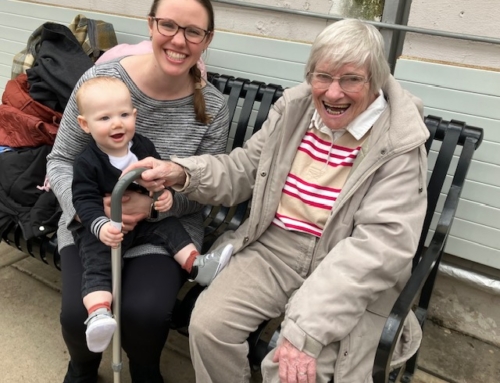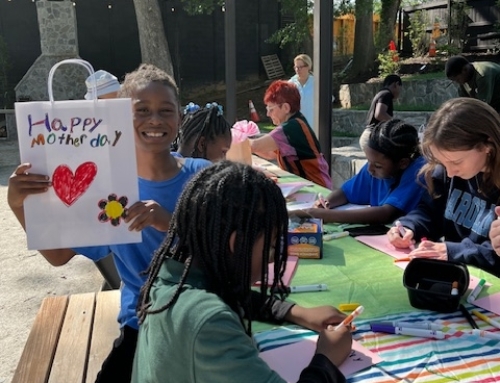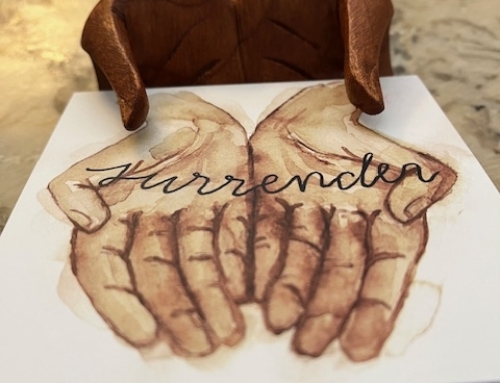
Good morning…
Learning to care for loved ones who are struggling with depression, I deeply value the wisdom shared in chapter four in Parker Palmer’s book Let Your Life Speak. On page 61, Parker candidly describes his own experience of being severely depressed in his forties. He helps us to know what NOT to say to our loved ones who feel trapped in their own private pain.
“It is odd that some of my vivid memories of depression involve the people who came to look in on me, since in the middle of the experience I was barely able to notice who was or was not there,” Palmer writes. “Depression is the ultimate state of disconnection – it deprives one of the relatedness that is the lifeline of every living being. I do not like to speak ungratefully of my visitors. They all meant well, and they were among the few who did not avoid me altogether. But despite their good intentions, most of them acted like Job’s comforters – the friends who came to Job in his misery and offered ‘sympathy’ that led him deeper into despair.”
“Some visitors,” Parker explains, “in an effort to cheer me up, would say ‘It’s a beautiful day. Why don’t you go out and soak up some sunshine and look at the flowers? Surely that’ll make you feel better.’ But this advice only made me feel more depressed. Intellectually, I knew that the day was beautiful, but I was unable to experience the beauty through my senses, to feel it in my body. Depression is the ultimate state of disconnection, not just between people but between one’s mind and one’s feelings. To be reminded of this disconnection only deepened my despair.”
“Other people came to me and said, ‘But you’re such a good person, Parker. You teach and write so well, and you’ve helped so many people. Try to remember all the good you’ve done, and surely you’ll feel better,'” Palmer continues. “That advice, too, left me more depressed, for it plunged me into the immense gap between my ‘good’ person and the ‘bad’ person I then believed myself to be. When I heard those words, I thought, ‘One more person has been defrauded, has seen my image rather than my reality – and if people ever saw the real me, they would reject me in a flash.’ Depression is the ultimate state of disconnection, not only between people, and between mind and heart, but between one’s self-image and public mask.”
“Then there were the visitors who began by saying, ‘I know exactly how you feel…'” writes Parker. “Whatever comfort or counsel these people may have intended to speak, I heard nothing beyond their opening words, because I knew they were peddling a falsehood: no one can fully experience another person’s mystery. Paradoxically, it was my friends’ empathetic attempt to identify with me that made me feel even more isolated, because it was over-identification. Disconnection may be hell, but it is better than false connections.”
“Having not only been ‘comforted’ by friends but but having tried to comfort others in the same way, I think I understand what the syndrome is about: avoidance and denial,” says Parker. “One of the hardest things we must do sometimes is to be present to another person’s pain without trying to ‘fix’ it, simply to stand respectfully at the edge of that person’s mystery and misery. Standing there, we feel useless and powerless, which is exactly how the depressed person feels – and our unconscious need as Job’s comforters is to reassure ourselves that we are not like the sad soul before us. In an effort to avoid those feelings, I give advice, which sets me, not you, free. If you take my advice, you may get well – and if you don’t get well, I did the best I could. If you fail to take my advice, there is nothing more I can do. Either way, I get relief by distancing myself from you, guilt free.”
“Blessedly, there were several people, family and friends, who had the courage to stand with me in a simple and healing way,” concludes Parker Palmer. “One of them was a friend named Bill who, having asked my permission to do so, stopped by my home every afternoon, sat me down in a chair, knelt in front of me, removed my shoes and socks, and for half an hour simply massaged my feet. He found the one place in my body where I could still experience feeling – and feel somewhat reconnect to the human race. Bill rarely spoke a word. When he did, he never gave advice but simply mirrored my condition. He would say, ‘I can sense your struggle today,’ or ‘It feels like you are getting stronger.’ I could not always respond, but his words were deeply helpful: they reassured me that I could still be seen by someone – life-giving knowledge in the midst of an experience that makes one feel annihilated and invisible. It is impossible to put into words what my friend’s ministry meant to me.”
A fool is in love with his own opinion, but wisdom means being teachable (Proverbs 12:15, TPT). As we learn to care for loved ones who are struggling with depression, which common phrases might we choose NOT to say as we quietly offer our healing presence?
No one has ever gazed upon the fullness of God’s splendor. But if we love one another, God makes his permanent home in us, and we make our permanent home in him, and his love is brought to its full expression in us (1 John 4:12, TPT).
…Sue…





